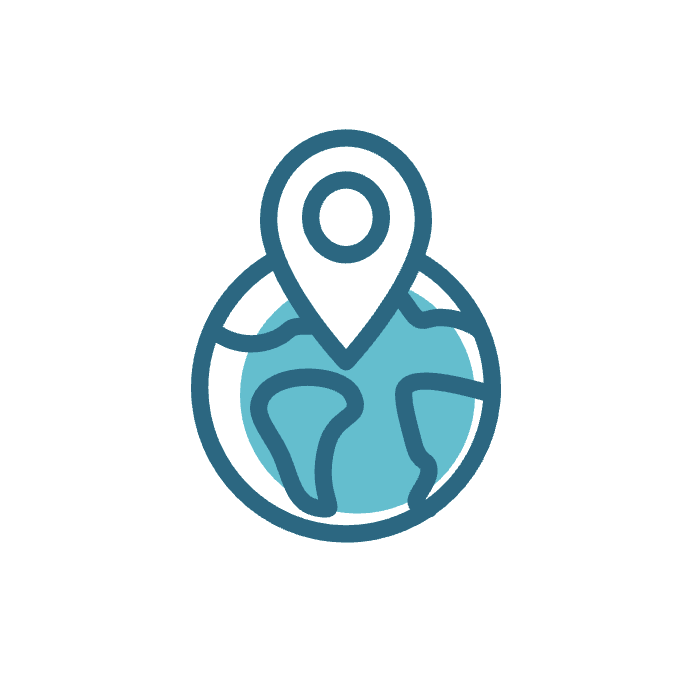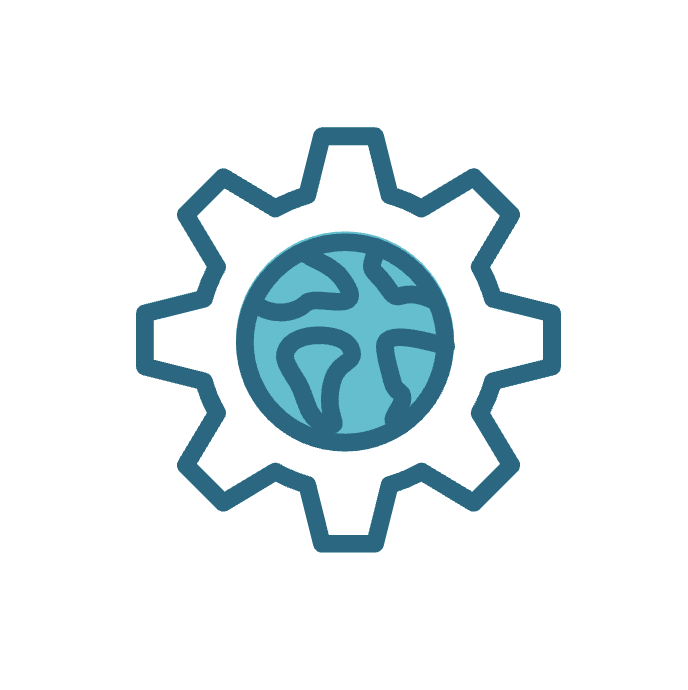

- Digital innovation is key to promoting sustainable development worldwide. As shown in
a recent UNDP and ITU report digital technology aids 70% of the Sustainable Development Goals (SDGs) targets. It creates opportunities, strengthens connections, and encourages partnerships. In 2023, UNDP and ITU supported over 130 countries with policy, technical and digital assistance, boosting connectivity, digital literacy, safe online practices and better public service delivery through digital. Decision-makers working within governments are now less occupied with questioning the rationale behind digital progression and are instead more focused on its implementation.
- Open-source technologies and DPGs are key enablers and accelerators of governments’ digital transformation. These technologies are freely accessible and can be owned by governments themselves, reducing the risk of being locked-in with a specific IT vendor and ensuring governments’ digital sovereignty. They support more efficient, citizen-centric and trustworthy digital public services, while gearing towards the attainment of the SDGs.
However, despite the advantages of open-source technologies, they have proven tricky for countries to embark upon. Creating digital systems that are inclusive for all (including women, the elderly, individuals with disabilities, and those in low-connectivity areas or with varying literacy levels) necessitates broad societal collaboration and intentional design. Open source may also come with issues and challenges that need to be addressed.
Deploying and maintaining open-source in government requires new skill sets and sustainable business plans for the maintenance of systems. It also necessitates engagement with open-source communities and local ecosystems. Governments have historically been hestitant to embark on this journey due to resource constraints, knowledge gaps, uncertainties regarding costs, and the absence of robust local and global ecosystems, support structures, and communities for ensuring long-term support, security, maintenance, and sustainability.
- Through the Open Source Ecosystem Enabler (OSEE) initiative, ITU and UNDP, with the generous support from the European Commission, aim to foster improved knowledge and action on using open-source for digital public service delivery. Over a three and half year period, OSEE will enhance capacity of local and regional public and private actors to adopt open source to deliver digital government services through three integrated streams of work.
Expected outcomes and streams of work:

|
| 
|
| 
|
Open-Source Ecosystem Enablement Framework (OSEEF)
The project will collect insights from a community of experts, analyze successful open-source initiatives, and document best practices to create an Open Source Ecosystem Enablement Framework. This framework will provide practical guidance for governments and institutions on using, sustaining and share open-source solutions and DPGs.
Review the working draft here.
|
|
Open-Source Technical Facility
(OSTF)
The project will seek to establish Open Source Technical Facilities (OSTF) to address the challenges faced by governments in implementing open-source technologies. It will start with two countries, based on their needs and development context. More information will come on this website shortly for interested OSTF host organisations.
| |
Global Knowledge Hub for Open-Source Public Services
The project will develop and circulate additional training, advocacy, and communication materials through established specialized training institutions and initiatives to disseminate the practical insights pertaining to open-source implementation. It will seek to establish a community of practice and develop a range of thematic knowledge products and training materials that will be made available on relevant platforms with open access policy.
|
The OSEE project is supported by the ITU Open Source Programme Office (OSPO). ITU OSPO is at the center of driving open-source strategies and adoption, seeking to assist ecosystem stakeholders with leveraging open-source technology in its full potential. Learn more about ITU OSPO by visiting its website: ITU OSPO.
|
|---|